 The Cabildo de Gran Canaria will agree subsidies for the first time for the installation of photovoltaic panels on homes and industrial buildings, according to the Minister of Energy, Raúl García Brink, during a conference he recently gave as part of the III Jornadas sobre Cooperación y Desarrollo de la Real Sociedad Económica Amigos del País de Gran Canaria.
The Cabildo de Gran Canaria will agree subsidies for the first time for the installation of photovoltaic panels on homes and industrial buildings, according to the Minister of Energy, Raúl García Brink, during a conference he recently gave as part of the III Jornadas sobre Cooperación y Desarrollo de la Real Sociedad Económica Amigos del País de Gran Canaria.
With amounts ranging up to €200,000 the project is part of the measures adopted by the Cabildo de Gran Canaria to promote the penetration of renewable energy for self-consumption, added the counsellor, who noted that the call will be published most likely in May and that the Cabildo will inform the population of the regulations and requirements to benefit from this “push” for individuals to install solar panels.
The objective “is to promote self-consumption (auto-consumo) at a particular level and photovoltaics is a great opportunity because here we have enormous possibilities and the development we have is still small,” said the counsellor.
 The counsellor, at the conference ‘The Cabildo de Gran Canaria facing the challenges of the XXI’, recalled that the island institution approved the Strategic Plan of Grants for the realisation of studies of energy efficiency in November and encourage the use of alternative energy for individuals and companies along with other actions aimed at minimising the impact of climate change and achieving maximum energy sovereignty through renewable energies.
The counsellor, at the conference ‘The Cabildo de Gran Canaria facing the challenges of the XXI’, recalled that the island institution approved the Strategic Plan of Grants for the realisation of studies of energy efficiency in November and encourage the use of alternative energy for individuals and companies along with other actions aimed at minimising the impact of climate change and achieving maximum energy sovereignty through renewable energies.
The great transformations, he said, arise with the sum of other smaller ones, from the institutions, but also from each home. In addition, the Cabildo launched in 2016 the Climate Action Group made up of independent scientists, the two Canarian universities, the ITC (Canarian Institute of Technology) and several environmental organisations with the aim that civil society can work and contributein the definition and development of climate change actions.
The Insular Council of Energy, created in the current mandate, has a budget of more than two million euros this year, and coordinates the pact of Mayors that brings together 15 municipalities on the island that are involved in the development of plans of action for climate and sustainable energy with the help of a dozen engineers trained to do so. It is also in the process of preparing a diagnosis of risks, vulnerabilities and adaptation to climate change in Gran Canaria. The goal is to reduce carbon dioxide emissions by 40 percent by 2030.

The Cabildo has also signed an agreement with Involcan to analyse the evolution of Gran Canaria’s geothermal potential through field work and to determine the electric power generation system that would be most optimal for the island. More than 3,500 points have already been analysed and before the end of the year there will be conclusions after an investment of half a million euros.
García Brink detailed other actions such as the electric vehicle recharging network in 17 municipalities of the island, in addition to the celebration of the second Movelec Fair in Infecar on 27 and 28 April on this type of car.
The Cabildo also promotes wind farms on land they own, such as the environmental complex of Juan Grande, which will be put out to tender this year for two more megawatts, in addition to another planned in Agüimes. On the other hand, the Infecar car parks will host a photovoltaic plant for self-consumption of 94.5 kWp, in addition to the 36 kilowatts auto-consumo plant that has already gone out to tender for the central park of the insular institution.
Welcome to the future…

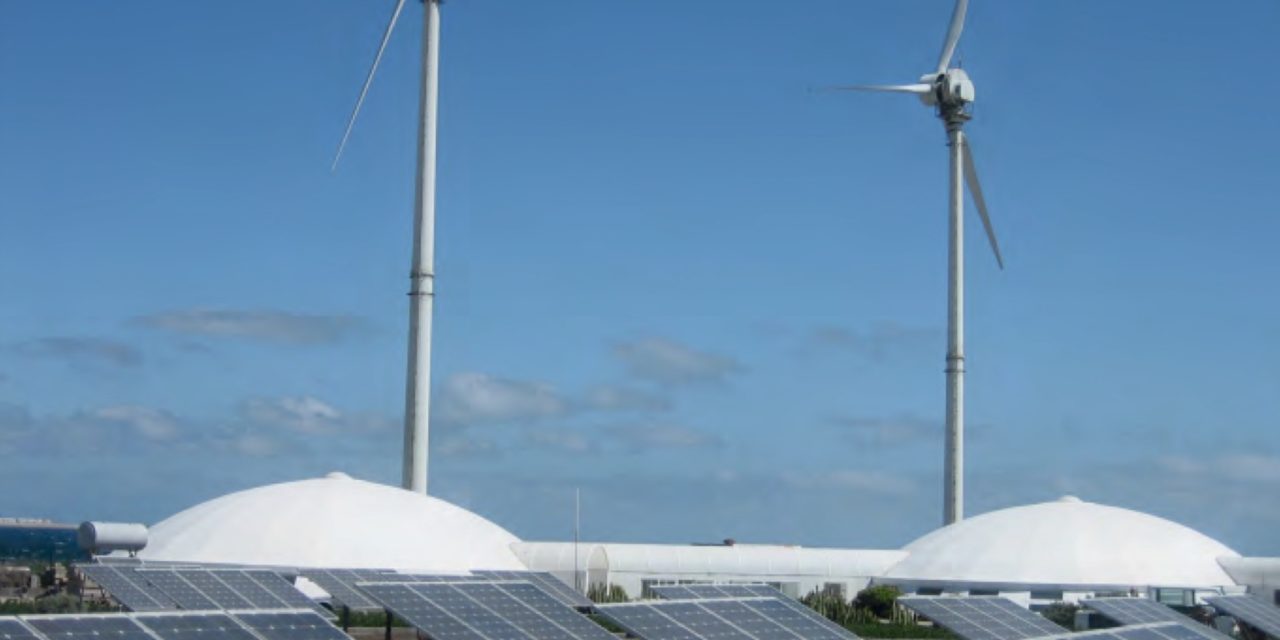
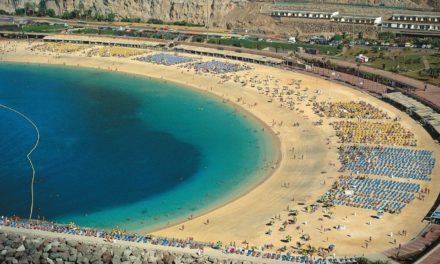
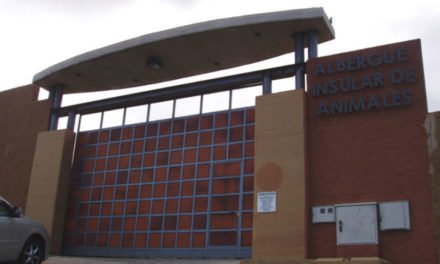
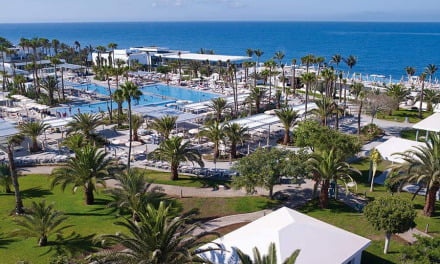
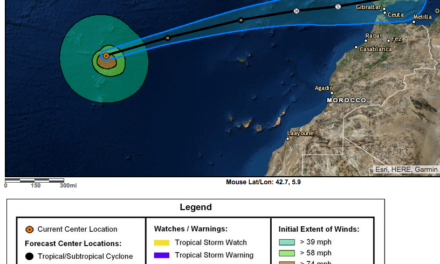




welll which “future” do you talk about ? It´s a well-known tecnology since more than 40 years.
All those “millions”… well: lets wait what will happen with those “millions” and where they will disappeare….
PLUS: all of this money is still less than the penalties, the Spanish authorities took before from owners of already installed PV systems, promise subvention but rejected etc pp.